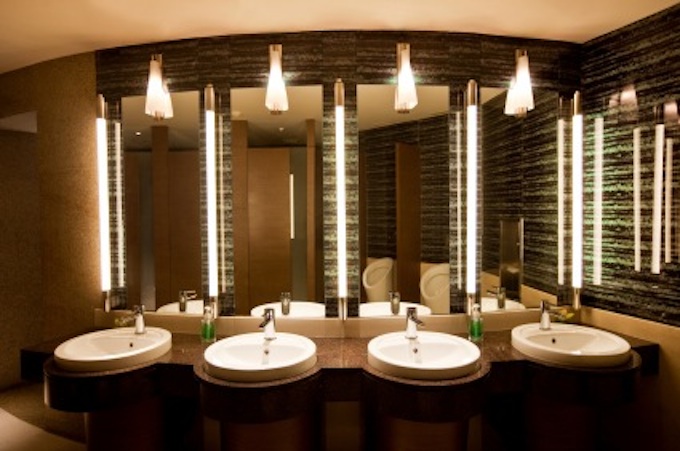4 Signs You Should NOT Book That Space for Your Event
- Posted in:
- General
One of the most important steps in planning a business event is choosing a venue. The wrong space can result in the event being a miserable experience for those that attend and, in essence, an overall disaster.
Rather than helping to build a reputation a company can be proud of, such an event can make it difficult for participants to believe and trust in the business.
With these things in mind, it is wise to develop a checklist that will serve as a guide when choosing an event venue. Feel free to use the list below to create a guide that will work for your company.
1. Avoid places with strict restrictions and/or limitations.
One of the purposes of having a business event is to gain promotional opportunities. Facilities that limit the ability to display event information, banners, and directional signs should be avoided.
The site should offer on-site office services that make conducting business convenient for the company and event participants. Facilities with limited amenities should be avoided. Some people prefer to only attend events held at hotels or other facilities that offer a variety of amenities.
2. Avoid venues that are in poor condition or that provide poor service.
Your participants expect to enjoy a quality event in a nice place. Plenty of parking should be available, and the actual meeting space should be large enough to allow for comfortable accommodations. Tile and carpet should be clean, and décor should be in good condition.
Adequate lighting should be provided, and clean and well-stocked restrooms should be conveniently located. Staff should be on-hand to provide assistance if needed during the event.

All parts of the facility should be dirt-free and comfortable.
If the event is held in a hotel, the rooms should be spotless and comfortable. Ideally, the facility will be willing to offer special discounts for event participants.
You probably want to consider signs that say “Pardon Our Dust” as a prompt not to book that particular space for your event. After all, just because you may be willing to “pardon the dust” does not mean your guests will be.
3. Avoid facilities that cannot guarantee Internet access and use of audio/video equipment.
Modern presentations rely heavily on the use of electronic technology. Always ensure that a facility has high-speed Internet access and enough power outlets throughout the space. An entire event can turn into a catastrophe if there is no access to microphones, projectors, monitors, and other electronic equipment.
With these things in mind, in some cases, venues “off the beaten path” can be a sign that they are not good options for business events. The reason is, places in or near cities are more likely to have reliable Internet access that can facilitate events.
Another bonus of this is that having the event in a city means participants will also be near other attractions and activities. In some instances, this can be enough to entice someone to come to a business event.
4. Avoid venues that cannot offer food/beverage options.
Providing event participants with food and drinks is customary. Not doing so would be like inviting guests into your home and not offering them something to eat or drink. At the very least, the facility should offer beverage options that can be served or sold to participants.

Self-serve food options are an economical way to treat event participants. (Photo from TEDx Las Palmas)
Making participants comfortable while they are attending the event is always the goal.
Taking the time to create a guide or checklist of things to look for in a venue can save a business a lot of headaches. If you’ve dealt with good or bad venues in the past, why not share your experiences? And if you found this post helpful, share it with your social network.
 About the Author: Debbie Allen, of The Things Women Want, is a professional writer and detail-oriented online marketer. She specializes in writing about topics of interest to women and marketing strategies for websites such as Reputation.com. Debbie attributes her business management and organizational skills to her background in Psychiatric Nursing Education and Organizational Development - but she gives credit for her positive attitude and drive to her belief in the Law of Attraction.
About the Author: Debbie Allen, of The Things Women Want, is a professional writer and detail-oriented online marketer. She specializes in writing about topics of interest to women and marketing strategies for websites such as Reputation.com. Debbie attributes her business management and organizational skills to her background in Psychiatric Nursing Education and Organizational Development - but she gives credit for her positive attitude and drive to her belief in the Law of Attraction.